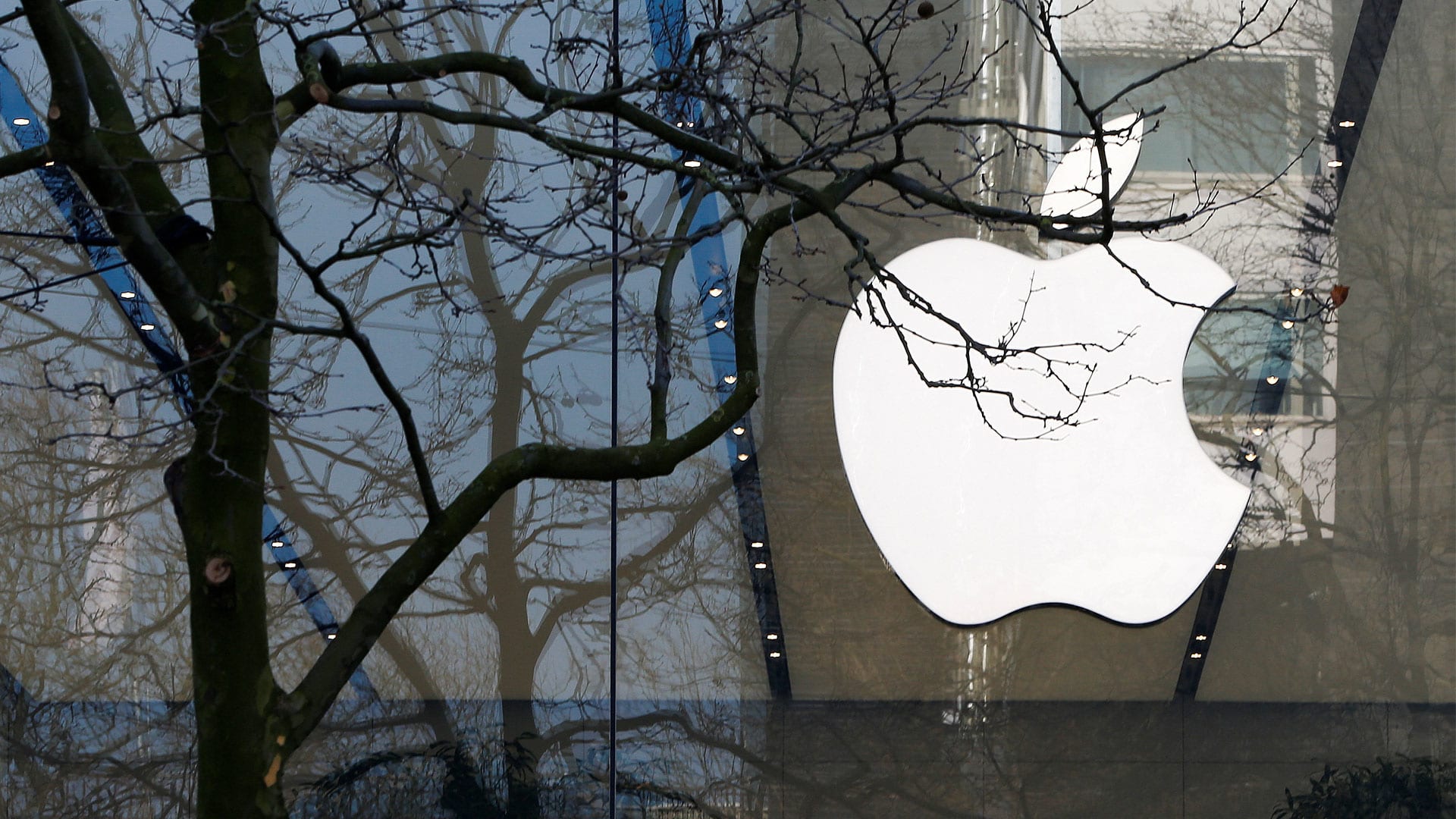
Congolese attorneys demand that Apple’s supply chain assertion be checked
Apple’s (AAPL.O) decision to stop sourcing minerals from the Democratic Republic of the Congo due to the escalating conflict was welcomed by international lawyers for the country, but they said they would continue their proceedings against the business in Europe.
This week, Congo filed criminal allegations against Apple companies in France and Belgium, alleging the tech company’s supply chain uses conflict minerals.
Congo is a significant supplier of the so-called 3T minerals—tin, tantalum, and tungsten—used in computers and cell phones. However, according to rights organizations and U.N. experts, some artisanal miners are operated by armed groups that commit rapes, killings, and other atrocities.
Apple stated on Tuesday that it vehemently rejects the allegations and has instructed suppliers not to utilize the disputed minerals, which come from Rwanda or the Congo.
Congo’s legal team stated Wednesday that they greeted the declaration with “satisfaction and caution.”
The attorneys told Reuters that “Apple’s claims regarding supply chain changes will need to be confirmed on the ground, with facts and figures to support them.”
“Apple’s statements do not change the past and the crimes that are alleged to have been committed,” they continued, adding that the case would now be decided by French and Belgian judges.
The prosecution authorities in both countries have not responded.
DIRECTIONS FOR SUPPLIERS
The attorneys contend that Apple was implicated in crimes occurring in Congo because it used materials that were stolen from the country and laundered through global supply lines.
Apple claims to check suppliers, publish findings, and sponsor organizations that work to enhance mineral traceability, however it does not directly obtain primary materials.
Using an acronym for Congo’s entire name, Apple said in a statement on Tuesday that “as conflict in the region escalated earlier this year, we notified our suppliers that their smelters and refiners must suspend sourcing tin, tantalum, tungsten, and gold from the DRC and Rwanda.”
When suppliers were informed was not specified.
“We took this action because we were concerned it was no longer possible for independent auditors or industry certification mechanisms to perform the due diligence required to meet our high standards.”
According to Apple, most of the minerals used in its computers and phones are recycled.
Conflict between the Congolese military and armed groups, some supported by neighboring Rwanda, has decimated Congo’s eastern mining heartlands during the 1990s.
There have been millions of civilian deaths and displacements.
According to U.N. experts and rights organizations, competition for minerals is one of the primary causes of conflict since armed groups use the money from exports—which are frequently smuggled via Rwanda—to fund their operations and purchase weapons.
Rwanda disputes that it gains anything from the trade.
All Categories
Recent Posts
Tags
+13162306000
zoneyetu@yahoo.com



